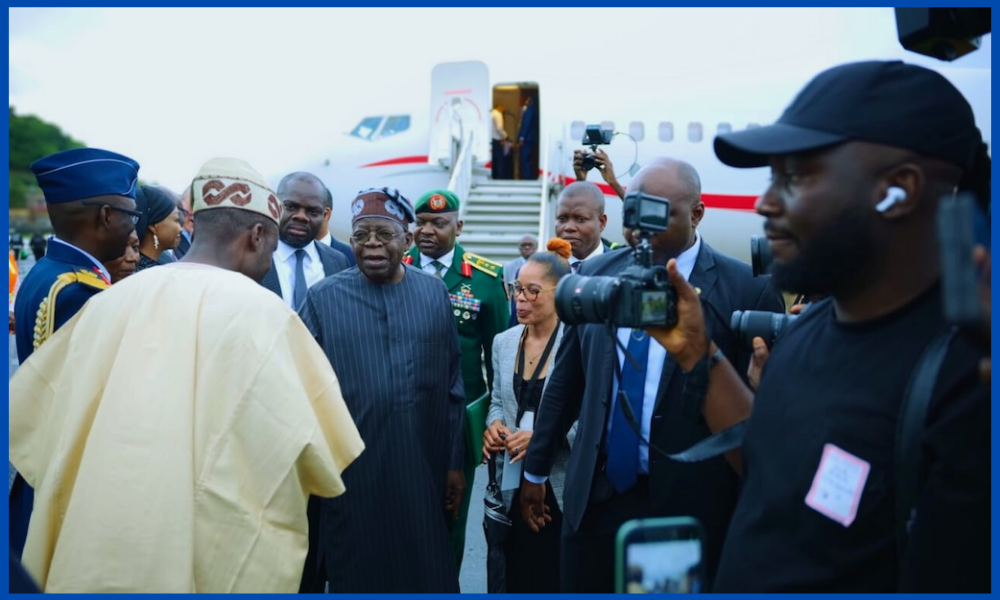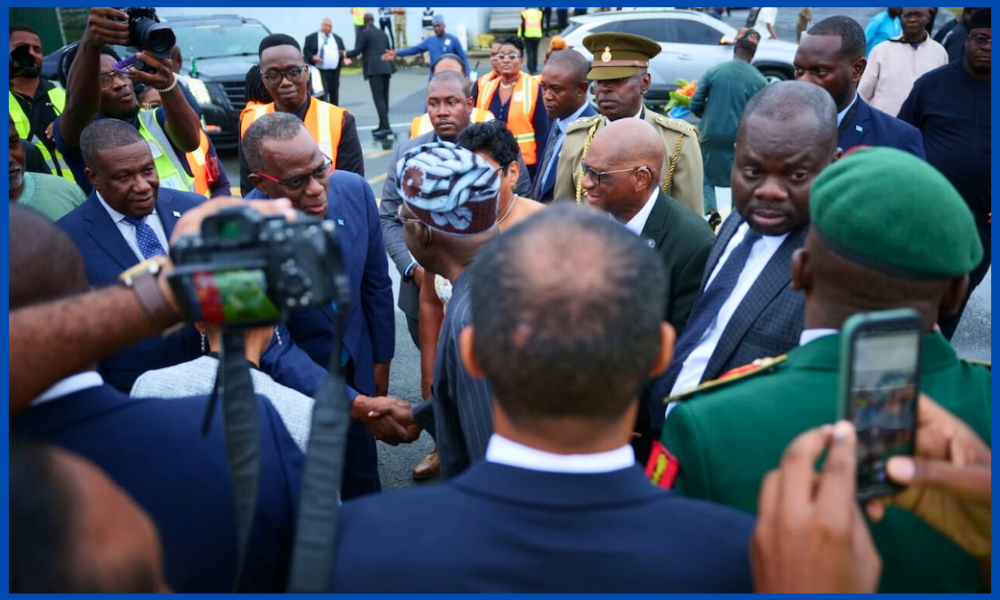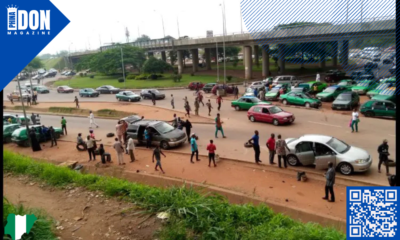News
The World Bank’s Criticism of NNPCL: A Call for Transparency and Accountability

The World Bank has raised serious concerns regarding the Nigerian National Petroleum Company Limited (NNPCL) in its recent **Accelerating Resource Mobilisation Reforms (ARMOR)** report. According to the report, dated May 17, 2024, the NNPCL has been accused of inconsistency and a lack of transparency in its financial disclosures to the Federal Account Allocation Committee (FAAC). This opacity is seen as a significant barrier to optimizing oil revenue flows to the federal government.
The World Bank’s critique emphasizes that NNPCL’s reports are often inconsistent and deficient in critical information. Specific gaps outlined include the absence of details on pledged revenues, the tradeable value of crude oil, and discrepancies in actual payments and global trade receipts. This lack of clarity undermines the ability of the Federal Ministry of Finance and FAAC to effectively assess NNPCL’s performance and its contribution to national revenue.
Furthermore, the report underscores the impact of reduced production and revenue on Nigeria’s fiscal stability. Despite a significant rise in global oil prices, net fiscal revenues from the oil sector have declined due to falling production rates and a burgeoning gasoline subsidy that has further strained the national budget. The NNPCL’s operations are governed by the Petroleum Industry Act (PIA) of 2021, which aims to impose more stringent regulatory frameworks; however, the execution of such regulations appears to be lacking.
A noteworthy example cited in the report is NNPCL’s commitment to supply 35,000 barrels of crude oil daily to the Dangote Refinery in exchange for a substantial equity stake. Although the projected contractual investments linked to these pledged oil revenues were estimated at $5.8 billion by the end of 2022, the actual revenues reported fell considerably short.
The World Bank’s findings indicate that Nigeria’s dependency on oil and gas revenues remains a significant source of fiscal vulnerability. The report calls for improved transparency and accountability from the NNPCL to enhance revenue generation and foster sustainable economic growth.
In summary, the World Bank’s criticism shines a spotlight on the urgent need for reform within NNPCL to ensure clarity in financial reporting. Without these changes, the future of Nigeria’s oil revenues, and by extension, the nation’s economic health, remains precarious.
News
Federal Government Declares State of Emergency on Suleja-Minna Road.
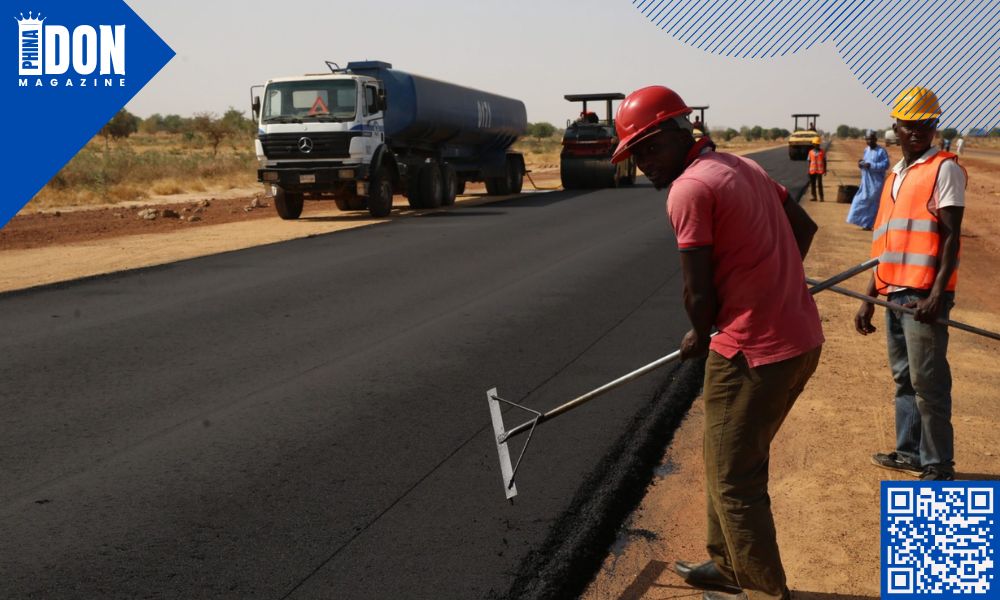
The Federal Government has declared a state of emergency on the construction of the Suleja-Minna road. Minister of Works, David Umahi, announced the declaration on Saturday following an inspection of the road. He stated that the project, initially awarded to Salini Nigeria Limited, had been poorly executed or abandoned.
Umahi explained that despite repeated attempts to have Salini repair the road over the past year and a half, progress had been unsatisfactory. Niger Governor Mohammed Bago raised concerns with President Bola Tinubu, prompting the Ministry of Works to intervene. The road, described as being “in a very terrible situation delaying travel time by seven hours instead of an hour and half hours and vehicles are falling and killing people,” has been designated an emergency project.
The contract with Salini has been irrevocably terminated due to substandard work. Umahi has directed his ministry to recover funds owed by Salini, potentially involving the Economic and Financial Crimes Commission (EFCC). Two contractors are now engaged in the project. CCCC International Engineering Nigeria Ltd. has been contracted to handle part of the road, with 60km already completed under the Governor’s urban renewal agenda. CCCC has been given 10 days to mobilize and commence work on a critical 7km stretch. Umahi emphasized that work will begin immediately under emergency procurement guidelines, with pricing to be verified subsequently.
Entertainment
Nollywood Mourns the Loss of Kayode Peters.

The Nigerian film industry is in mourning following the death of Kayode Peters, a renowned filmmaker and producer. The news was announced by his family on his official Instagram page, stating that he passed away peacefully on the morning of Saturday, June 28, 2025, in Toronto, Canada, after a long illness.
Peters, fondly known as KP, was celebrated for his contributions as a filmmaker, actor, and producer. He was known for his role as Koko in the popular sitcoms “Twilight Zone” and “Flatmates” in the early 2000s. His work also extended to stage plays and sitcoms like “Extended Family” and “Being Farouk,” significantly impacting Nigeria’s contemporary theatre and television landscape.
He is survived by his wife, Alexander, and their children. Funeral arrangements are underway, and further details will be shared by the family in due course. The industry and fans alike will deeply miss his warmth, generosity, and contributions to Nollywood.
News
President Tinubu Begins Two-Nation Tour with State Visit to Saint Lucia.
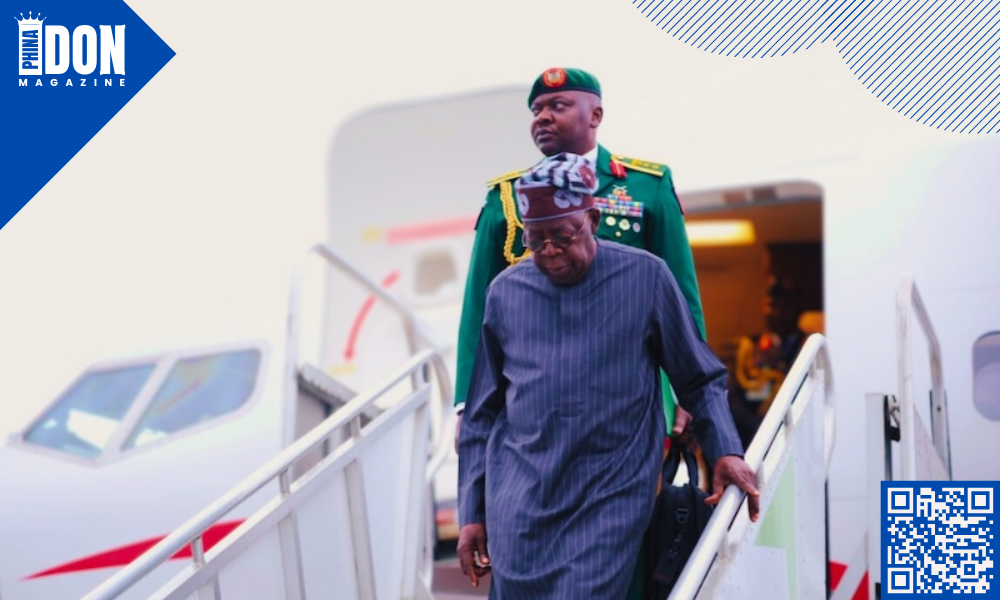
President Bola Tinubu arrived in Vieux Fort, Saint Lucia, on Saturday, marking the commencement of a two-nation tour encompassing the Caribbean and South America. Upon arrival at Hewanorra International Airport, he was received with full military honors by Governor-General Errol Melchiades Charles and Prime Minister Philip J. Pierre.
The President’s itinerary includes courtesy visits to the Governor-General and Prime Minister, followed by an address to a joint session of the Senate and the House of Assembly of Saint Lucia. Discussions will focus on deepening cooperation between Nigeria and the Organisation of Eastern Caribbean States (OECS), with emphasis on economic partnerships and cultural solidarity. A visit to the Sir Arthur Lewis Community College is also planned to strengthen educational ties.
Following his engagements in Saint Lucia, President Tinubu will proceed to Brazil to participate in the 2025 BRICS Summit in Rio de Janeiro, attending at the invitation of President Luiz Inácio Lula da Silva of Brazil. Nigeria’s participation as a ‘partner country’ underscores its commitment to strengthening diplomatic and economic relations on a global scale.
